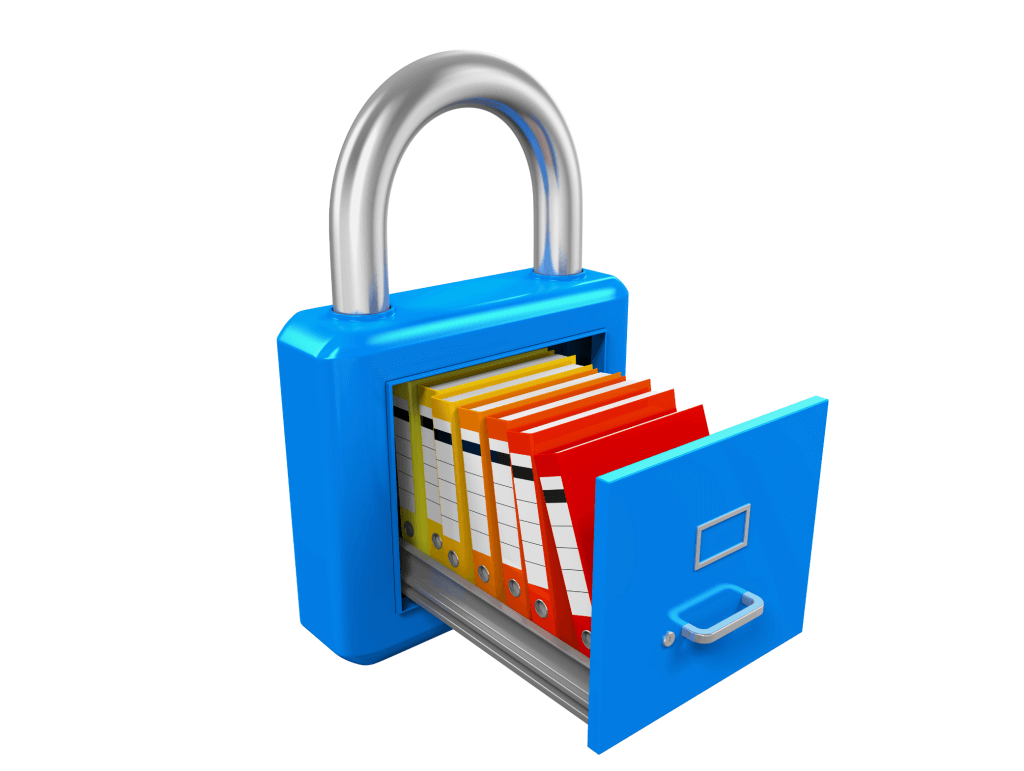

01 aug 2023
Only some ten or fifteen years ago, a stolen laptop or a broken phone could mean that your data was lost forever. Nowadays, disasters like this that could once have serious consequences on your career or personal life only mean that you will have to restore your files on a new device. Using cloud storage services has become the new norm for both individuals and businesses. In this blog post, let’s try to figure out what to look for in your perfect cloud storage service.
Given how many cloud service providers compete on the market today, we quickly get snowed under countless offers when trying to choose one. Plus, it can be challenging to get your head around pricing and plans, especially if you’re not exactly at home with tech. How do you know which type of encryption is better? Exactly how much do you need? 100Gb—is it too little or too much?
The ubiquity of streaming services means that we no longer have to store a collection of our favorite music, films, or video games on hard drives. And although some users still need to back up large files, most people use the cloud to store their photos and, increasingly, to work with documents.
Photos and videos take up the most space. If you’re not a photographer, video creator, or a collector of hard-to-find movies, chances are that all you need to back up in terms of photos and videos is your camera roll. The good thing is that as a mobile phone user, Google Drive or iCloud (depending on the platform you use) is already doing it.

With photos safely out of the way, it looks like the only things you need to take care of are documents. So, how much space do you need for your documents?
Roughly estimated, the average filing cabinet (which is around 10,000 documents) in the digital form will take up only 500Mb of storage space.
Do you have a filing cabinet’s worth of documents? Probably not, even if we count all the user guides to all your house appliances, and those are available online anyway. On average, people have one or two folders maximum plus the digital documents they need to work with.
Seems like the amount of storage space is no longer the priority when choosing a cloud service. Today, the speed and convenience with which we can add new data to the cloud as well as the quality of this input matter even more. The growing popularity of remote work and freelancing means that office equipment is no longer an option for many. More and more people need to work with documents on the go. This is why some cloud storage providers have added a mobile scanner as a feature to keep up with the demand. Additional features like a signature tool and document editor are also coming to the forefront.

If you need to work with documents a lot and on the go, what should you look for when choosing a cloud storage service?
A tool that can replace office equipment and save you multiple trips to a printing shop is an invaluable asset. Quite a few cloud services have added mobile scanners as a feature, including Google Drive, OneDrive, and Dropbox.
Being able to sign documents promptly is a must today, especially if you work remotely. No one wants to be feverishly looking for a printing center every time they need to return a signed copy.
Unfortunately, very few cloud providers offer a signature tool and a mobile scanner all in one app for free. iScanner is probably the only one. Adobe has a signature tool, but you need to install a separate app. Same goes for Dropbox, except that you also need to pay for a subscription.
If you work remotely, have lots of business trips, or simply like to travel, a decent mobile document editor can make your life much, much easier. With it, you can review, leave comments, add pictures to documents, and more, all on your mobile device.
If having cloud storage that enables you not only to backup but also to digitize, edit, and sign documents on the go sounds good to you, you might enjoy iScanner’s Cloud Sync. It’s free and can be used on an unlimited number of devices across various platforms (please see more details here). Don’t hesitate to give it a try.
It doesn’t need to be said that the security and privacy of your data in the cloud is crucial. However, it can be tough to figure out which provider has the best security features or how one type of encryption is better than another, especially if you’re not a specialist. They all sound great on landing pages.

Instead, you can look into how many people and, more importantly, companies use that cloud service you’re interested in. Another good way is to search on the web to see if a cloud provider has a history of privacy issues or breaches. This might give you a much clearer picture. If you’re interested in iScanner cloud, here are some Q&As about our privacy and security.
Another important thing to consider is how big the cloud storage service provider is. The bigger it is, the more servers it has in different geographical regions. This means that a local blackout, even a massive one, will not impact the accessibility of your data.
Plus, some cheaper plans with lots of storage space don’t allow you to access your files immediately. You might need to request access and wait for hours. It’s not very common, but it’s best to keep that in mind if you come across an offer that sounds too good to be true.
And last but not least, we strongly recommend being cautious about free offers that look surprisingly generous. If a provider offers you terabytes of storage or even unlimited storage for free, chances are high that the real product here is your data, which they will harvest and use in ways you will neither know nor like.
